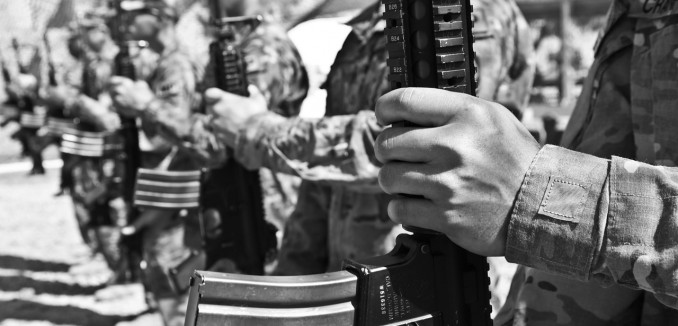The Lebanese newspaper Al-Akhbar, affiliated with the Shiite terrorist organization Hezbollah, reported (Arabic link) that Tehran has opened new credit lines to Syria, topping off a financial aid package worth more than $6 billion. The report also claimed that game-changing Russian arms are en route to the Syrian regime, and that the transfer was not publicized in order to prevent Israel or others from disrupting it.
Tehran’s commitment to embattled Syrian dictator Bashar al-Assad comes at a time when the former’s finances are being constrained under Western sanctions. Commentators say (Arabic link) that the recent plunge in oil prices will shake many oil-based economies, particularly Iran’s, which is heavily reliant on petroleum exports and often attempts to wield them to promote the regime’s regional influence.
In related news, Manaf Tlass, a senior Syrian army general who defected following the eruption of the Syrian Arab spring, said that President Bashar al-Assad had sold out Syria to Iran and opted to use repression and violence as a means of snuffing out dissent right from the start of the uprising against his rule in 2011, Al-Arabiya reported.
“Bashar never opted at any time for serious and credible reforms, but instead chose to destroy the country rather than lose power,” former Syrian army Gen. Tlass told the Wall Street Journal in an article published on the weekend. “He sold Syria to the Iranians,” Tlass, who lives in France now, said.
The Journal article (Google link) said new revelations about the bombing pointed to a “startling theory” that it may have been an inside job used to quell any dissent within the regime. Those targeted and killed were reported to be seeking to negotiate with the rebels.
Two dozen people, including past and current regime officials, opposition leaders, activists and rebels, and politicians in neighboring countries with ties to Mr. Assad told The Wall Street Journal the bombing grew out of a split between the Assad family and its hard-line allies on one side, and officials seeking negotiations with opposition groups on the other. …
Former Syrian army general Manaf Tlass believes the regime was connected with the bombing. Mr. Tlass defected two weeks before Mr. Shawkat was killed—after guards found six explosive devices planted outside Mr. Tlass’s office on a military base in Damascus. He accused the regime of wanting to kill him, too.
[Photo: Pixabay]




